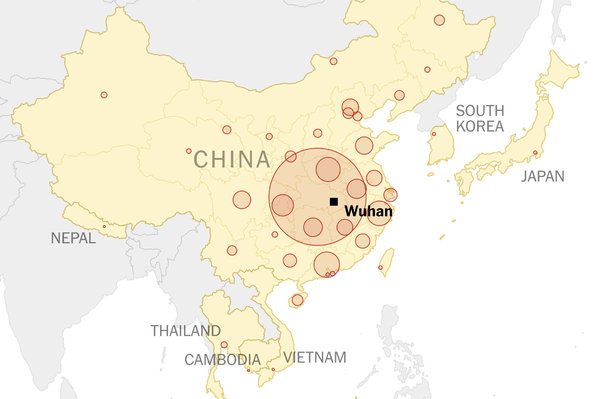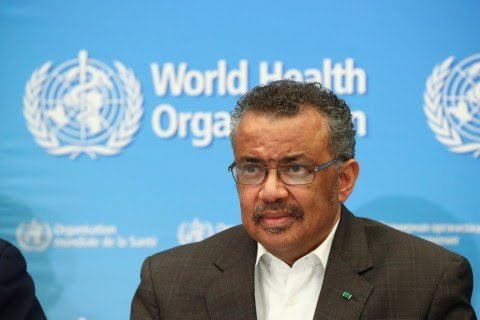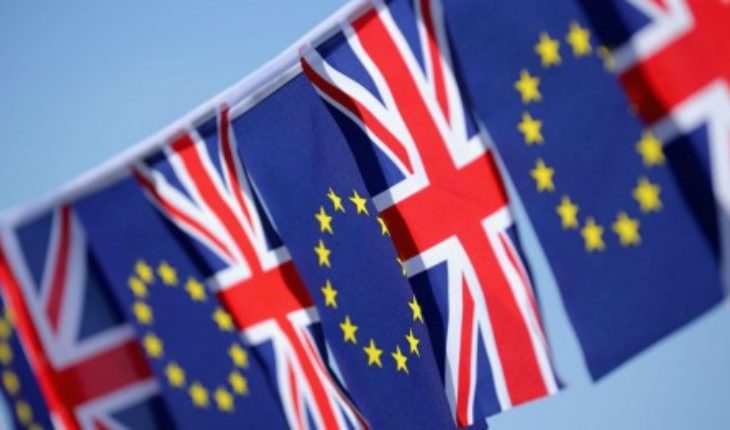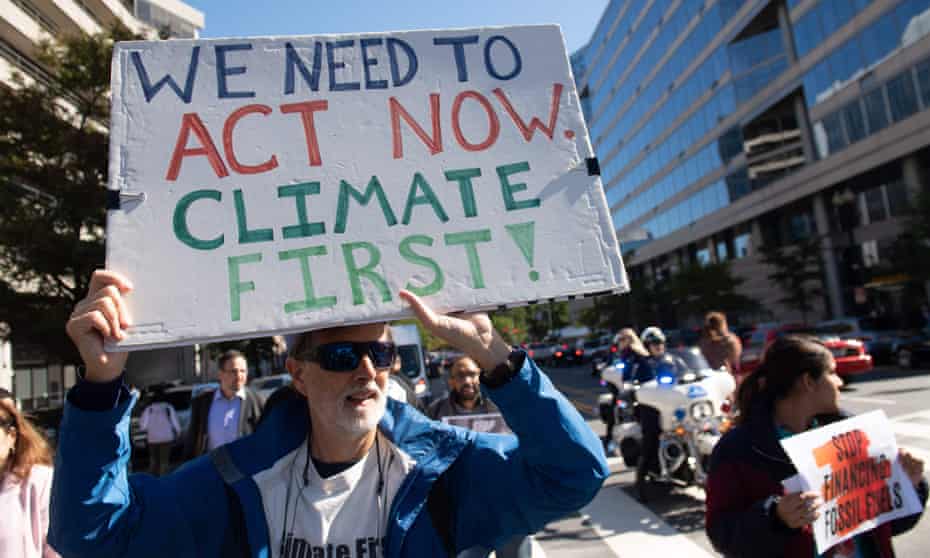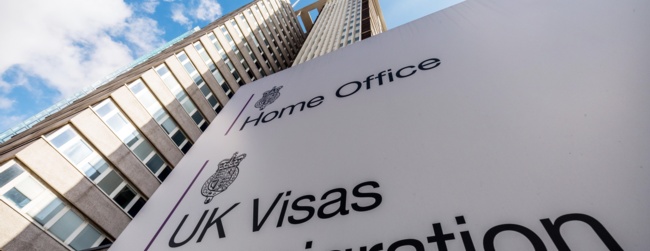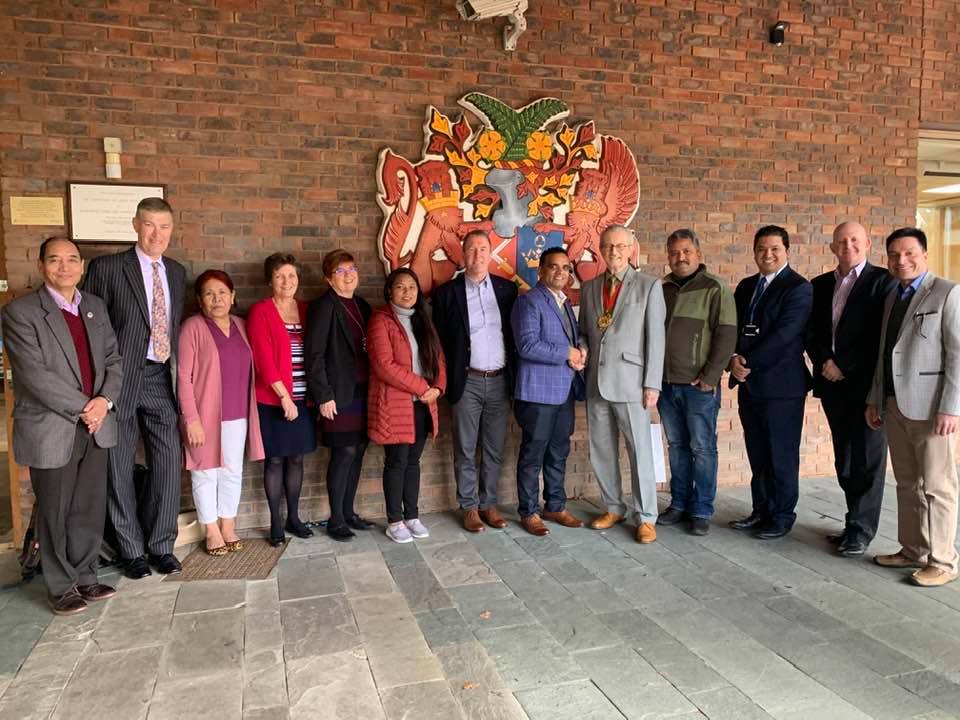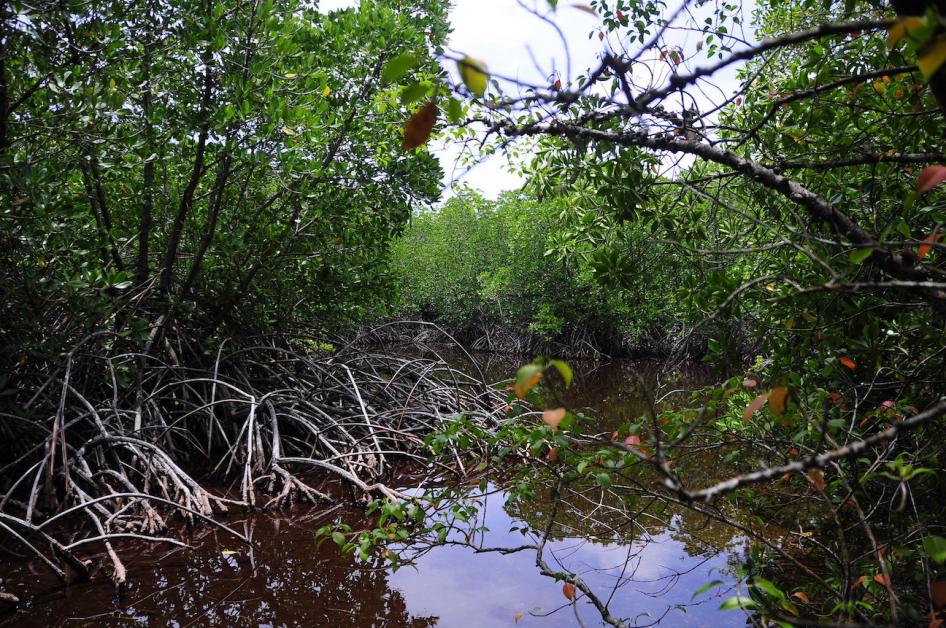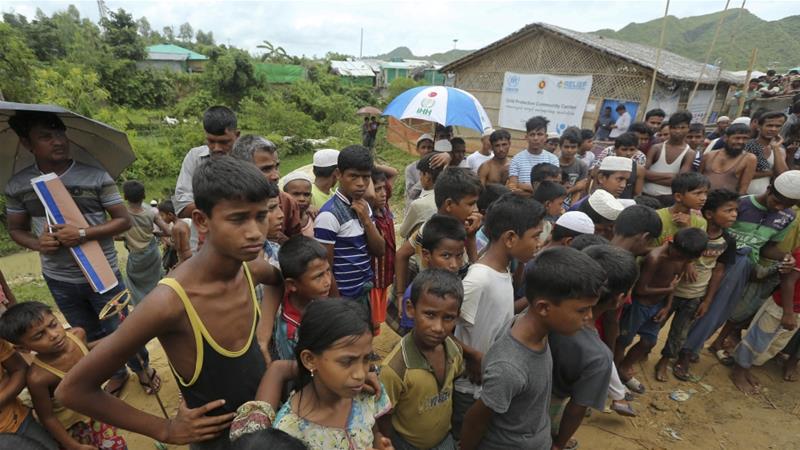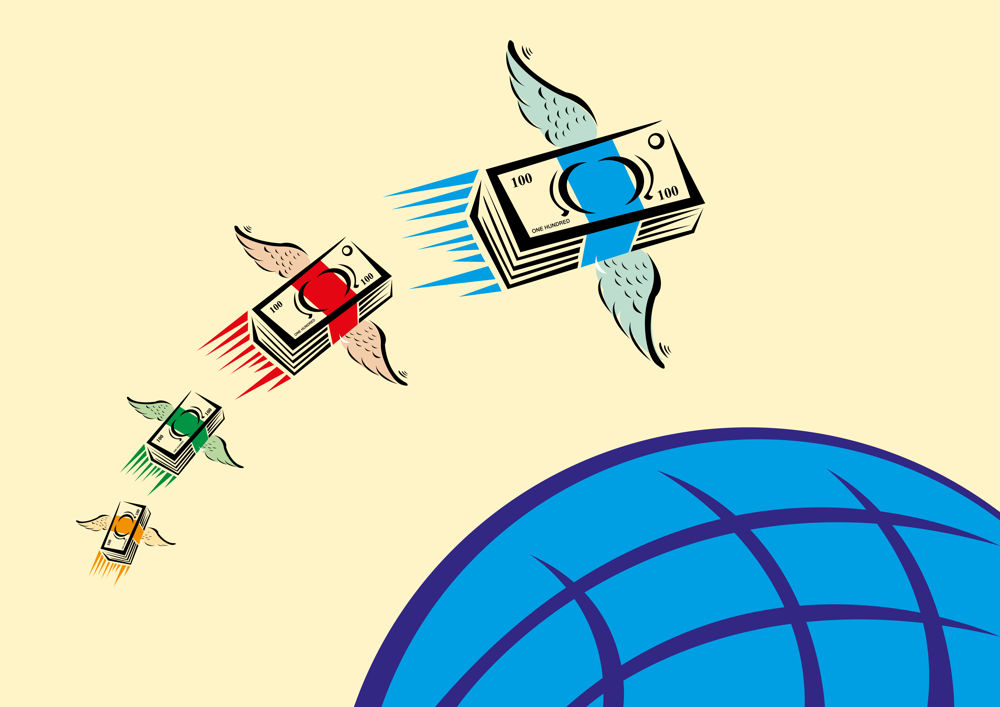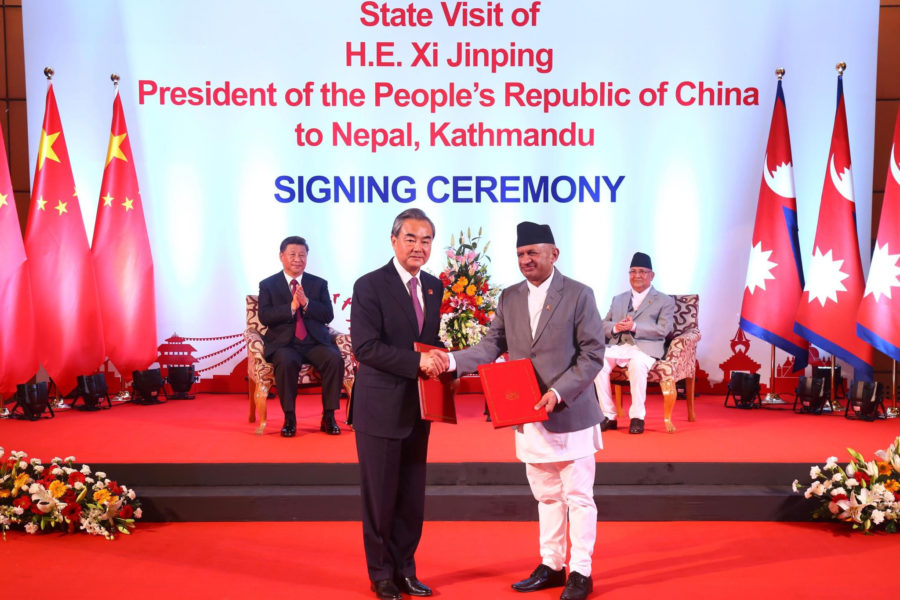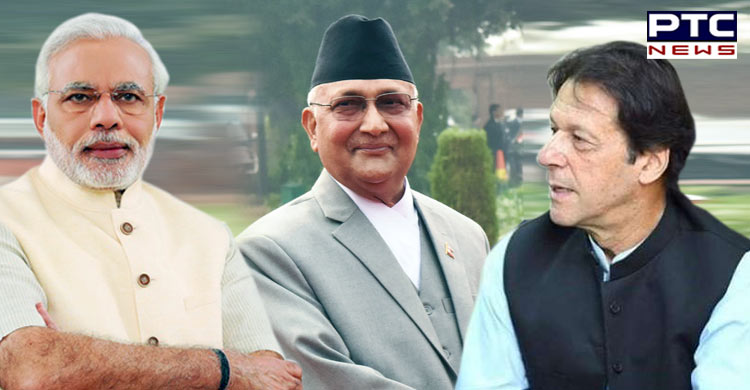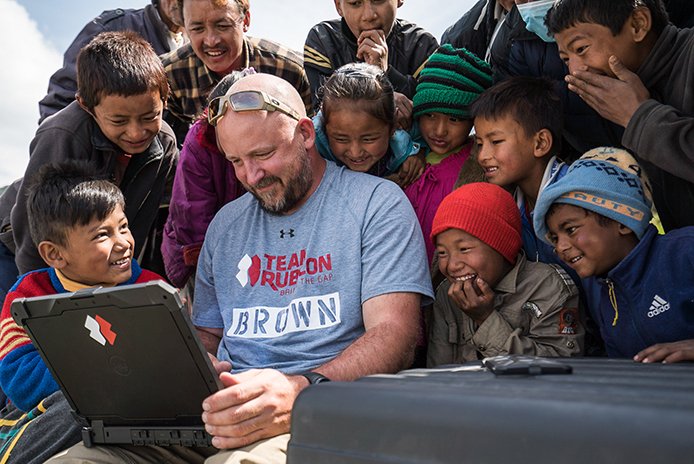-Khagendra Dhakal

As we facing the global emergence of deadly Coronavirus, we need a global mindset, unified actions, and world support to tackle this. Since I am not a public health expert, I am offering non-medical advice for a healthy public debate. Coronavirus and other emerging challenges of the 21st century such as climate emergency, air pollution possess newer characteristics of the problem than in the issues of the past centuries. New problems require new ideas and thinking. The famous scientist Albert Einstein once said: “Insanity is doing the same thing over and over and expecting different results.” He also said, “We cannot solve our problems with the same thinking we used when we created them.” The Coronavirus is a new global epidemic that requires new ideas and whole new thinking from previous global outbreaks.
These emerging challenges have no boundaries so far, and the problem is evident to humanity and mother nature. These challenges are not racist and discriminatory, but we people are. Coronavirus is a global epidemic, one that requires China and America to demonstrate leadership and find a cure. These two giants are beckoned to the front for cooperation to solve this global epidemical problem. Are the leaders of each nation listening to these issues or oblivious to the issues? Is this just a public health problem or a political health problem? Ironically, the local and global politics seem to appear on different pages at the moment, failing to identify these issues in their priority agenda. In most of the case, this seems right at a national and global level both.
Elected dictatorship has taken the toll, and CONTROLLISM has been the core business to most of the political stakeholders, whether they are left, right, or centrally aligned. When politics and challenges don’t intersect in their course, that puts the human civilization at the most significant risk. Haven’t we already experienced this? The development agenda is interpreted in a way to pave them a way to maintain or ascend to power. Can individuals gain control in absolute terms at someone else’s expense? Is the use of people’s votes to impose irrational policies on the right thing to do? Can the majority vote always be the primary determinant factor of democracy? The democracy for the 21st century should be defined and debated in the present context and challenges the world is facing.
The development and economic agenda should be endorsed by civil society, youth, women, different political forces regardless of who garners the majority votes to form a government. It should be done considering the shreds of evidence and thorough debate among academics and practitioners. It should be inclusive because the consequences of government acts apply to all end of the day. Without the right policies to tackle the ultra-modern lifestyle, unmanaged urbanization, and obesity in growth, sustainability will be a far-fetched dream. That’s where the roots of the current problem lie.
To sum up, what the current society praising will determine what future we are going to produce. What have we been praising locally and globally lately? Are we moving in the right direction?




